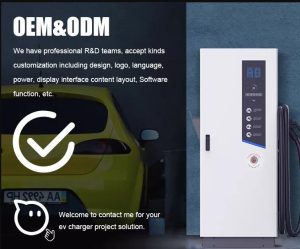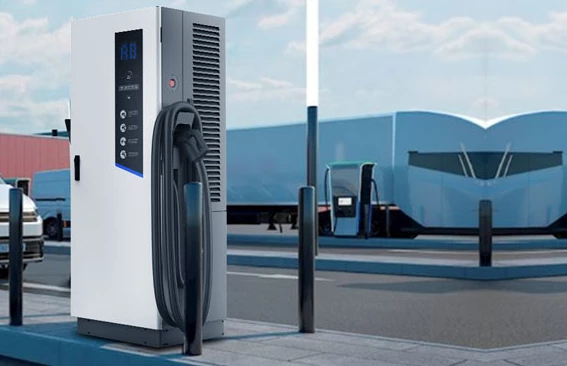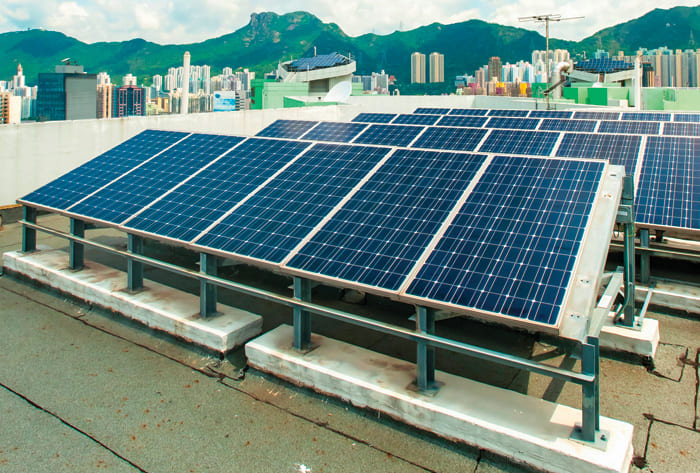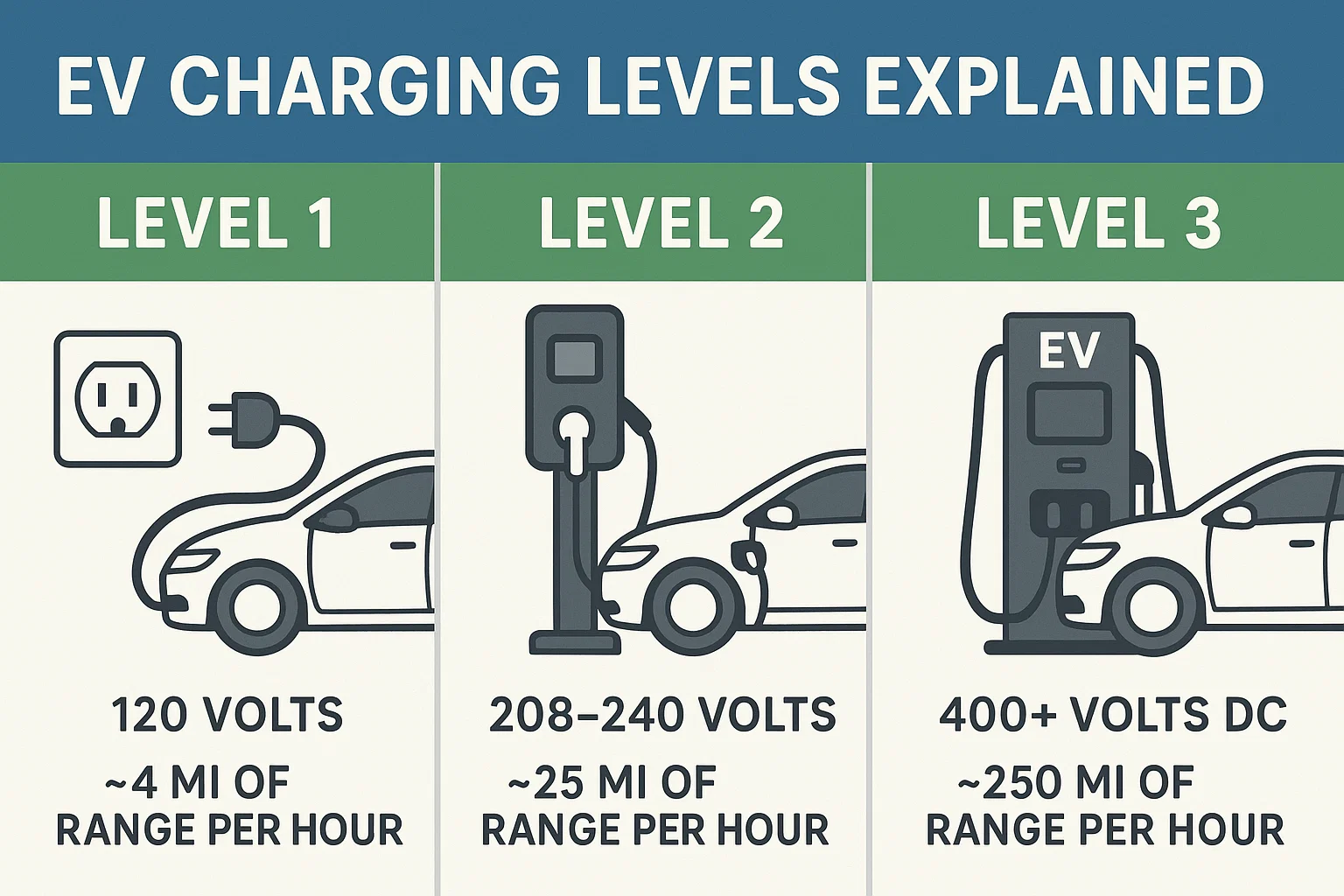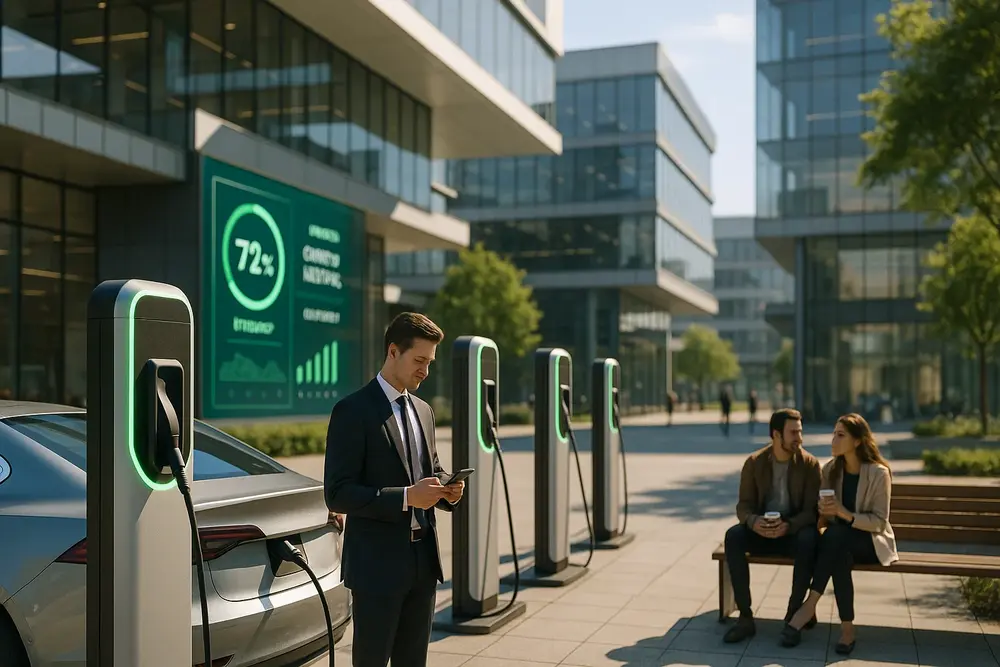
Products
Fast, Reliable, Everywhere

Solutions
Efficient, Innovative EV Charging Solutions.
News
We are committed to the innovation and application of EV charging.
As solar energy becomes an increasingly popular and sustainable source for powering electric vehicles (EVs), smart charging technologies are evolving to make solar EV charging more efficient, economical, and user-friendly. Today, there’s a wide range of smart solutions that can manage when and how your EV charges—whether by scheduling charge times, managing how solar energy is distributed within the home, or integrating with full home energy management systems (HEMS).
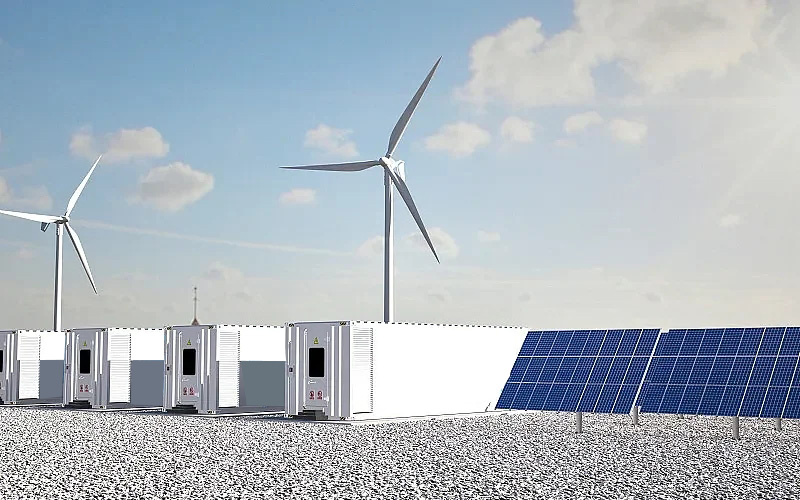
In this article, we’ll explore smart solar charging options, including their benefits, functionality, and how they can reduce your carbon footprint while helping you save on energy bills.
A growing number of EV owners are turning to solar as their preferred source of charging energy. According to global data, up to 80% of EV charging occurs at home. Coupled with rising electricity prices and the push for decarbonization, more homeowners are integrating photovoltaic (PV) systems and smart EV charging stations to power their vehicles.
However, since solar power generation is inconsistent due to weather variability, smart charging solutions help maximize the use of this green electricity by intelligently matching production with consumption.
Smart EV charging uses internet and Bluetooth connectivity to coordinate how, when, and where electricity is used to charge your EV. These systems can communicate with your EV charger, the grid, solar panels, and even household appliances to optimize overall energy efficiency.
Smart charging comes in several forms:
Think of smart charging like a smartphone—it enhances your control, adds intelligence, and helps automate energy consumption.
These features are tailored to optimize EV charging using solar energy only. They operate as a single-appliance optimizer, ensuring that your EV charger only draws power when your solar panels are generating enough electricity.
For example, if your solar system peaks around noon, your smart charger can be programmed to delay charging until that time, ensuring your EV uses clean, self-generated energy.
HEMS takes smart charging to a whole new level. Instead of optimizing only your EV charger, it manages power distribution across your entire household, including high-energy appliances like air conditioners, washing machines, or home batteries.
HEMS benefits include:
HEMS systems communicate with your PV panels, grid supply, and smart devices to dynamically allocate electricity based on real-time energy demand and generation.
Modern EV chargers often include built-in smart features that connect to mobile apps or HEMS platforms. These allow you to customize your charging preferences based on time-of-use rates, solar availability, or battery levels.
Three common charging modes include:
With smart apps, you can schedule EV charging during:
This flexibility ensures you always charge cost-effectively and sustainably.
One of the advantages of smart charging stations is their ability to receive over-the-air updates. These software upgrades can:
EEBUS is a standardized communication protocol that allows all your smart devices—from solar panels to EV chargers—to interact seamlessly. Choosing EEBUS-compatible products ensures future-proof integration across your smart home energy ecosystem.
With today’s technologies, smart charging is no longer a futuristic concept—it’s a practical, scalable, and environmentally responsible solution available to every solar-powered EV owner.
